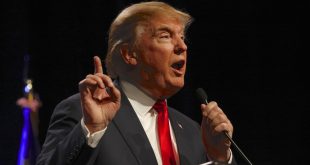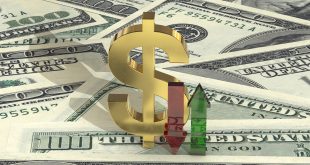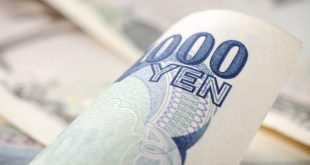The EUR/USD pair fell to near 1.0360 on Friday following the release of stronger-than-expected US Nonfarm Payroll (NFP) data for January. The US Dollar Index (DXY) rose to around 107.90 as a result. While job growth was lower than anticipated at 143,000 (compared to the expected 170,000 and the revised December figure of 307,000), average hourly earnings, a key indicator of wage growth, exceeded forecasts, rising 4.1% year-on-year (compared to 3.9% in December and the predicted 3.8%). On a monthly basis, average hourly earnings increased by 0.5%, above both expectations and the previous reading of 0.3%. The unemployment rate dipped slightly to 4% from 4.1%.
The NFP report’s impact on the Federal Reserve’s monetary policy outlook remains unclear. Last week, Federal Reserve Chair Jerome Powell indicated that adjustments to monetary policy would only occur after “real progress in inflation or at least some weakness in labor market,” following the decision to hold interest rates steady between 4.25% and 4.50%. Market participants are now assessing the latest employment data to determine its implications.
The euro also faces uncertainty due to potential tariffs imposed by the US. Concerns persist that the Eurozone may experience negative economic consequences from these tariffs. Last weekend, the former president warned of potential tariffs on Europe for insufficient purchases of American goods. While specific details were not provided, analysts suggest that the absence of a stable government in Germany and France may have contributed to this restraint. However, they caution that the potential imposition of US tariffs could lead to heightened trade tensions with the EU, particularly given existing unresolved issues.
Adding to the Eurozone’s challenges are internal economic concerns. Increased economic uncertainty has prompted European Central Bank (ECB) officials to adopt a more dovish monetary policy stance. ECB executive board member Piero Cipollone stated that further interest rate reductions are possible. Regarding the potential impact of US tariffs, Cipollone noted the immediate effect would be on growth, and that tariffs on China could lead to increased Chinese exports to the Eurozone, creating deflationary pressure.

 Noor Trends News, Technical Analysis, Educational Tools and Recommendations
Noor Trends News, Technical Analysis, Educational Tools and Recommendations




